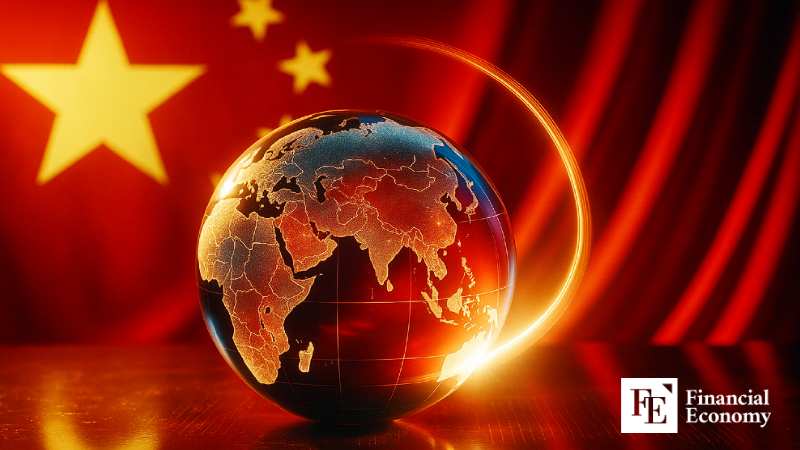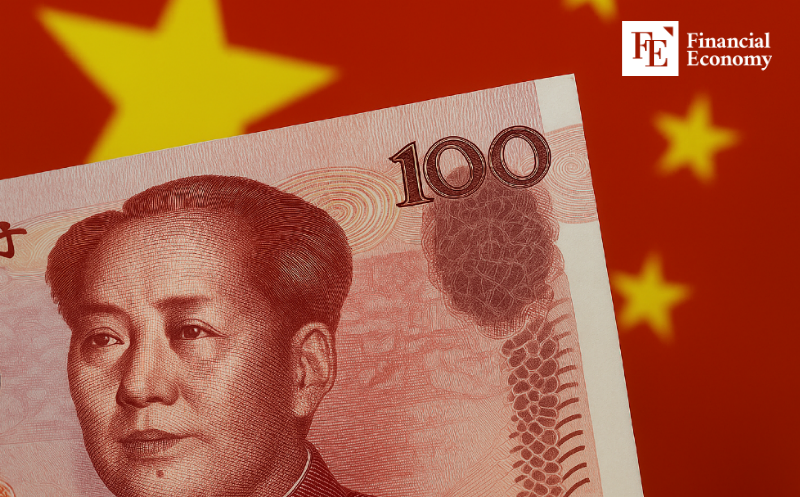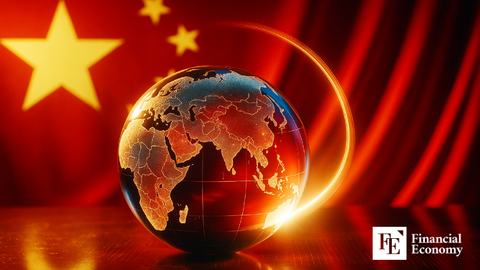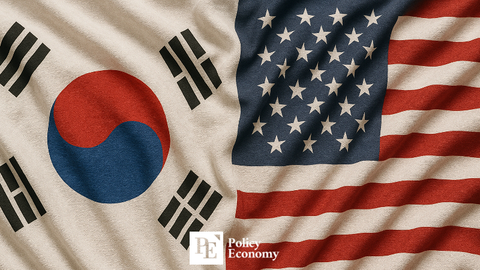Chinese Equities Rebound After Five-Year Slump, 90% of Global Investors Eyeing Market Exposure Amid U.S.-China Tensions
Input
Changed
Over 90% of foreign investors vow to increase China allocations Rising prominence of high-tech industries fuels renewed interest Undervaluation appeal and stimulus prospects drive capital inflows

Global investors are redirecting their gaze toward China. After years of neglect due to U.S.-China tensions and capital flight, the Chinese market is regaining traction, propelled by the rise of advanced industries and government signals of economic stimulus. Against a backdrop of fatigue with what is seen as an overvalued U.S. market, Chinese assets, considered comparatively undervalued, are emerging as a strategic alternative. More than 90% of overseas investors now express a clear intention to expand their exposure to China, accelerating the influx of global capital.
Investor Interest in China at Four-Year High
According to the South China Morning Post (SCMP) on the 12th, global investment bank Morgan Stanley stated in a recent report that “more than 90% of global investors have a definitive intention to increase their allocation to Chinese equities.” This marks the highest level since early 2021, when China’s stock market peaked more than five years ago. The bank emphasized that China’s leadership in humanoid robotics, artificial intelligence (AI), and biotechnology has made it a critical pillar in global portfolio allocation. Interest is not limited to U.S.-listed Chinese companies but is also extending to those traded in Hong Kong and onshore markets.
Other global investment banks are echoing this optimism. Goldman Sachs noted in a late-August report that “the current rally in Chinese equities is being driven by global investors” and projected further upside, citing untapped “residual funds” still waiting to enter. HSBC’s Chief Investment Officer Wang Zheng underscored a positive stance, highlighting that AI-related companies in China are poised to deliver strong year-over-year earnings growth.
China’s State Administration of Foreign Exchange reported that foreign investors made net purchases of Chinese stocks and funds worth $10.1 billion in the first half of this year alone. In May and June, net inflows surged to $18.8 billion, underscoring renewed commitment by global capital to re-enter Chinese markets. Statistics from global banks reinforce this trend. JPMorgan observed that during the week of July 21–27, mainland China equity funds saw net inflows of $4.076 billion, the largest among emerging markets.
Capital Exodus Driven by U.S.-China Frictions and Security Risks
This marks a stark contrast with last year’s sentiment. Despite Beijing’s efforts to court global firms at international investment forums and accelerate institutional reforms, foreign direct investment (FDI) plunged. China’s FDI collapsed to $4.5 billion in 2024, a mere fraction—just 1/77th—of the 2021 peak of $344 billion. The figure dropped to $190.2 billion in 2022, $42.7 billion in 2023, before nearly bottoming out last year.
The overriding factor behind this retreat was U.S.-China friction. Foreign firms with production bases in China risked direct fallout from sanctions and tariff wars, prompting a wave of relocations to India, Southeast Asia, and Mexico. Over the past two years, Japan’s Sony and Panasonic, U.S. PC makers Dell and Hewlett-Packard, and others shuttered Chinese plants and moved operations abroad. Bridgestone closed all its Chinese factories last year, while IBM and Microsoft shut down local research centers. Foxconn, once employing more than 300,000 workers in China to assemble Apple iPhones, has reduced its workforce to around 120,000 as production shifted to India and Vietnam.
China’s domestic economic challenges compounded the outflow. The collapse of the property bubble and sluggish consumption undermined profitability, particularly as foreign firms faced cutthroat competition with local players. Luxury brands once flocked to China—Gucci, Louis Vuitton, Chanel, Prada, and Burberry—but 14 stores shut down last year alone.
The rollout of an expanded Anti-Espionage Law last year further discouraged foreign firms. By broadening the definition of espionage to cover a wide range of documents, data, and activities involving foreign nationals, the law raised fears of arbitrary enforcement. Global firms in finance, law, and due diligence—including Vanguard Group and U.S. law firm Skadden—exited the market over the past two years.
National security risks exacerbated the trend. Steven Lo, professor at Monash University, noted that “China has historically courted foreign firms only to absorb their technology and expertise, then bolster domestic champions to supplant them.” A January report by the American Chamber of Commerce in China revealed that 32% of U.S. firms believe they face unfair treatment compared to local companies. Lo argued that preferential loans and policy support for domestic enterprises increasingly squeezed foreign firms out of the market.

Betting on Deflation Relief and Economic Stabilization
This year, however, sentiment has shifted. Several factors underpin renewed investor interest. Valuation concerns surrounding U.S. equities have made China’s discounted stocks more attractive. At the same time, Chinese leadership in areas such as humanoid robotics and biotechnology has drawn investors seeking “undervalued innovation.”
Signals of Beijing’s commitment to bolstering capital markets and stabilizing the economy also played a role. The government’s determination to counter deflationary pressures and restore stability is viewed positively. Meanwhile, global investors, eager to reduce U.S. exposure and diversify portfolios, are finding Chinese markets appealing.
Morgan Stanley noted that investors are broadening their exposure beyond U.S.-listed Chinese equities to include onshore A-shares. Quantitative and macro funds are scaling up allocations through A-share ETFs and index futures. As a result, Chinese equities surged 10% last month, posting the best performance worldwide, with key benchmarks hitting decade-high levels. Still, caution persists: investors remain wary of China’s structural weaknesses, particularly the prolonged downturn in the property sector, where deflationary drag and inventory overhang could take at least another year to resolve.






















Comment